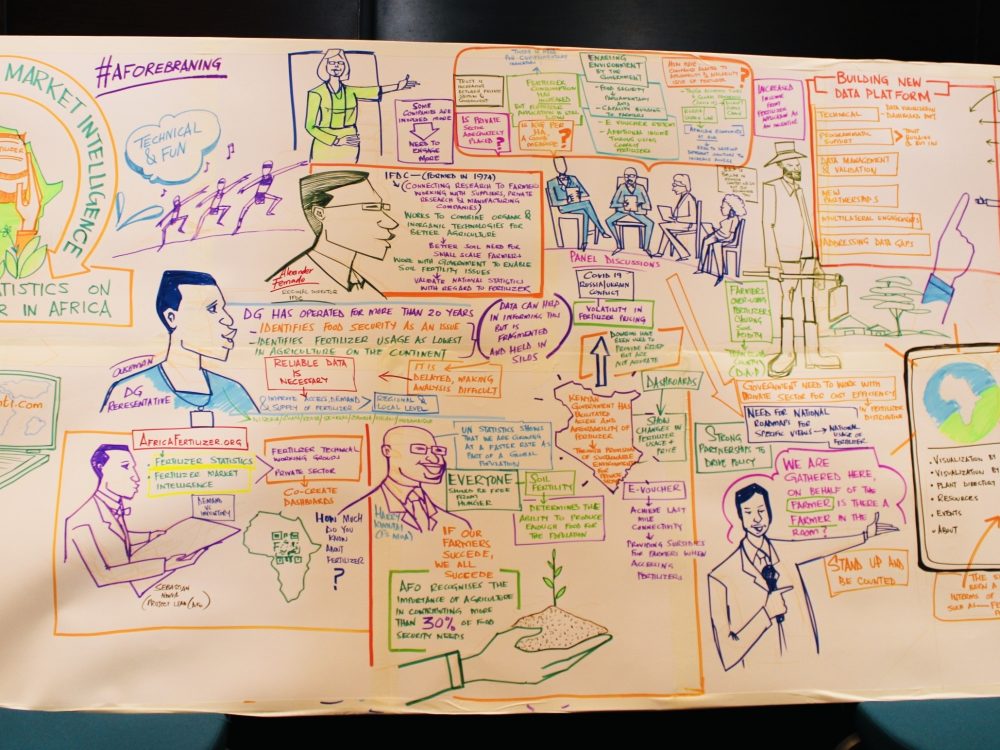“Good” Data and You
After the 2014 Annual Meetings of the IMF and World Bank, below are some key questions and takeaways on how open data, development finance, and diverse stakeholders mix:
Why do we need to publish data?
Donor agencies and governments have – rather unevenly, according to the 2014 Aid Transparency Index – begun to publish their aid information. This is a crucial step in holding all groups, beneficiaries and donors, accountable for spending allocations and results.
Furthermore, there is a demand for data – from within the government and without. But this data must be reliable, accessible, and actionable for all stakeholders.
How can we create useful data?
With the growing enthusiasm for a “data revolution,” critical to keep in mind is that more data is not the same as better data. Inaccurate, aggregated, out-of-date information only serves to throw up roadblocks against data uptake.
To foster a healthy data ecosystem, there must be more focus on (and funding for) data skills training, the establishment of strong institutional processes, and the creation of a legal framework conducive to producing regular, reliable, and on-time datasets. And in the excitement of the data revolution and big data, it is crucial not to forget, and in fact to redouble efforts on the essential task of shoring up the national institutions in charge of statistics for the long-term.
How do we use data?
Even when we address the publication and quality of information, data is only as “good” as its use. If data is published, and there is no (or inappropriate) uptake, than arguably the publication and creation was for naught.
There remains room for improvement in leveraging data for informed decision making and improved outcomes. Yet when evaluating how far policymakers still have to go, it’s worth asking one question: What, if any, role should data producers play in fostering uptake – is it enough to just churn out standardized datasets? Linking back to “how can we create useful data”, we would argue that data producers (civil society, donors, advocates) have a responsibility to fund and provide the hard and soft skills needed to analyze datasets and apply key takeaways to policymaking.
Secondly, critical to keep in mind when using data is that datasets are not produced, nor should they be applied, in a vacuum; statistics have context. If the backstory is ignored or inaccurately manipulated, data use becomes data abuse.
In Conclusion: The Annual Meetings have reiterated the goal of public data that is useful and used. While donors, governments, and civil society have made great strides in furthering the open data movement, shoring up national institutional capacity and policymaker uptake is critical to ensuring we make the most of transparent information.
Share This Post
Related from our library

Building a Sustainable Cashew Sector in West Africa Through Data and Collaboration
Cashew-IN project came to an end in August 2024 after four years of working with government agencies, producers, traders, processors, and development partners in the five implementing countries to co-create an online tool aimed to inform, support, promote, and strengthen Africa’s cashew industry. This blog outlines some of the key project highlights, including some of the challenges we faced, lessons learned, success stories, and identified opportunities for a more competitive cashew sector in West Africa.

Digital Transformation for Public Value: Development Gateway’s Insights from Agriculture & Open Contracting
In today’s fast-evolving world, governments and public organizations are under more pressure than ever before to deliver efficient, transparent services that align with public expectations. In this blog, we delve into the key concepts behind digital transformation and how it can enhance public value by promoting transparency, informing policy, and supporting evidence-based decision-making.

From Data Gaps to Impact: Key Insights from the VIFAA Program
Over the last six years, DG, together with its partners AfricaFertilizer (AFO) and Wallace & Associates, collaborated to implement the Visualizing Insights on Fertilizer for African Agriculture (VIFAA) Program. In the program’s final year (2024), the team undertook a “program learning process” to reflect on outcomes, challenges, and successes through internal interviews. This blog captures five key learnings, which we hope will guide similar programs aiming to bridge data gaps in agricultural development.